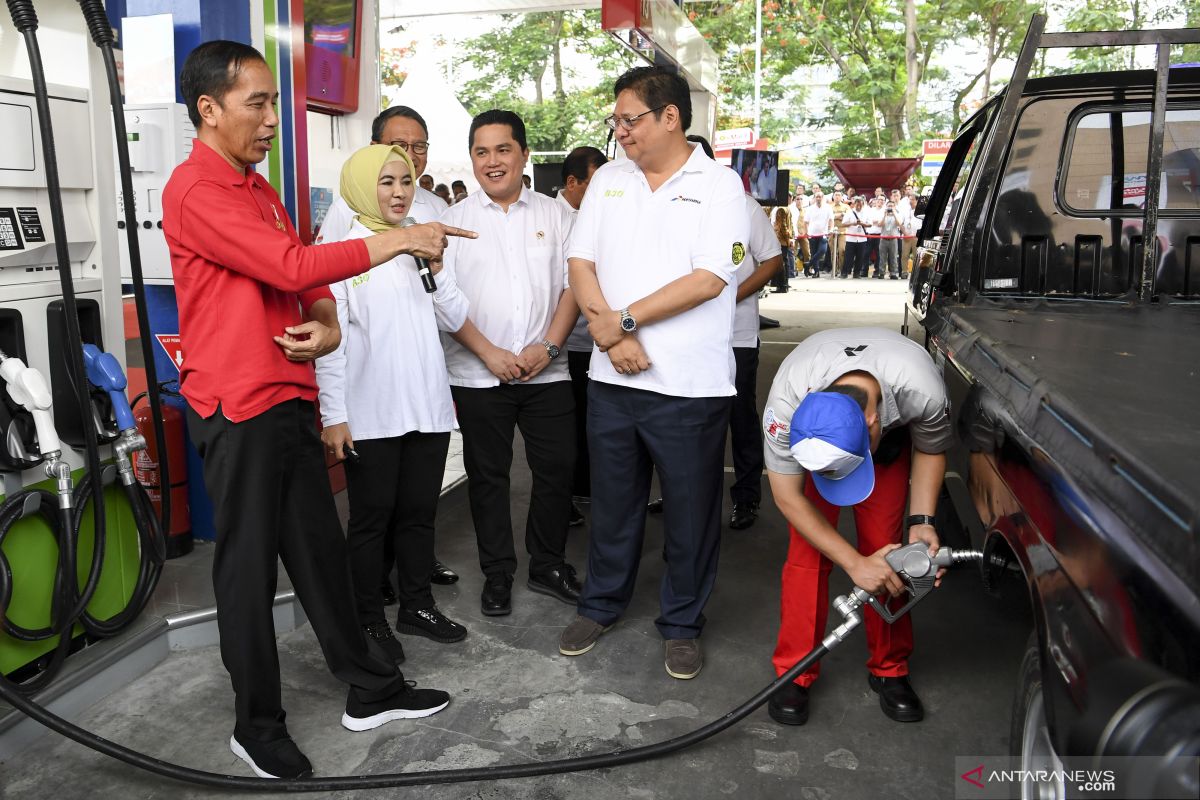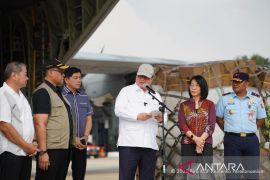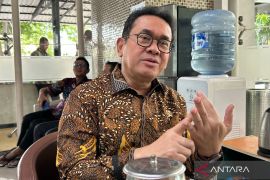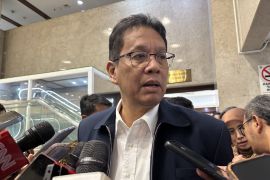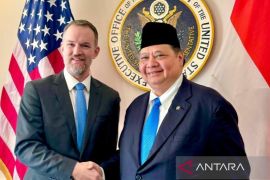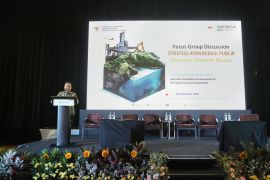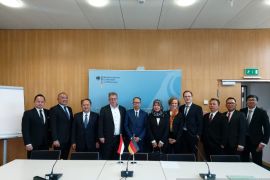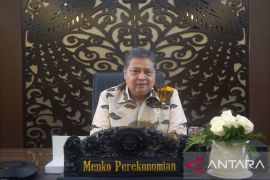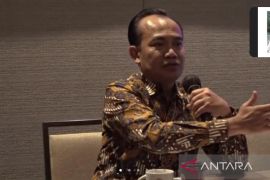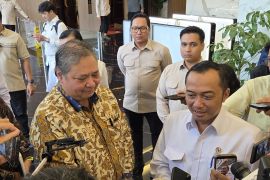"The mandatory biodiesel program in our country is an outstanding initiative and achievement whose progress in the future must be observed. With other palm oil-producing countries, we want to make the mandatory biodiesel program a part of the Road to G20 event that takes place at the same time with the G20 Energy Transition Working Group (EWTG) forum in Yogyakarta," Hartarto said in a statement released on Thursday.
Indonesia is committed to accelerating the transition to clean energy through biodiesel policies to achieve zero carbon emissions, the minister added.
Indonesia's commitment to utilizing palm oil as the base for biofuel will expedite the country's energy safety target and help it realize a 23-percent energy mix by 2025, he said.
President Joko Widodo, during the 21st United Nations Framework Convention on Climate Change (UNFCCC) in Paris, France, in 2015, had affirmed Indonesia's determination to cut greenhouse emissions by 29 percent through a business-as-usual approach by 2030 that could be boosted to 41 percent with international support, he added.
"The national palm oil industry is ready to support this vision, as the B30 utilization in 2021 has successfully decreased the greenhouse gas (emissions) by 24.6 million tons, equal to 7.8 percent of the renewable energy target in 2030," Hartarto noted.
Related news: RI formulates energy transition roadmap to achieve net zero emissions
Indonesia's B30 production in 2021 reached 9.4 million kilolitres, equal to 64.14 million barrels, the coordinating minister informed, adding that the conversion from CPO to B20 has increased the product's added value by Rp13.19 trillion to maintain US$2.64 billion foreign exchange reserves from the reduction of fossil-based fuel.
"I want to emphasize biodiesel policy's role in the national economy in increasing domestic demand, creating new job opportunities, enhancing green economy development, stabilizing palm oil price, and boosting local farmers' revenue, that will bolster our effort to reach Sustainable Development Goals by 2030," Hartarto remarked.
The coordinating minister said that biodiesel development would not stop at B30 but will continue until fossil-based fuels are completely replaced by environmentally-friendly energy.
"I also encourage the Council of Palm Oil-Producing Countries (CPOPC) to collaborate with the industry and trade associations in boosting cooperation with other producer or consumer countries and to prioritize the biodiesel mandate in the future. Let us enhance our effort to establish common perception and acceptance from consumer countries to use sustainable, clean, and renewable palm oil-based biodiesel," he added.
Related news: Minister outlines strategies for meeting carbon neutral target by 2060
Related news: Minister hails US support to Indonesia for zero carbon emissions
Translator: Sanya Dinda S, Nabil Ihsan
Editor: Suharto
Copyright © ANTARA 2022
